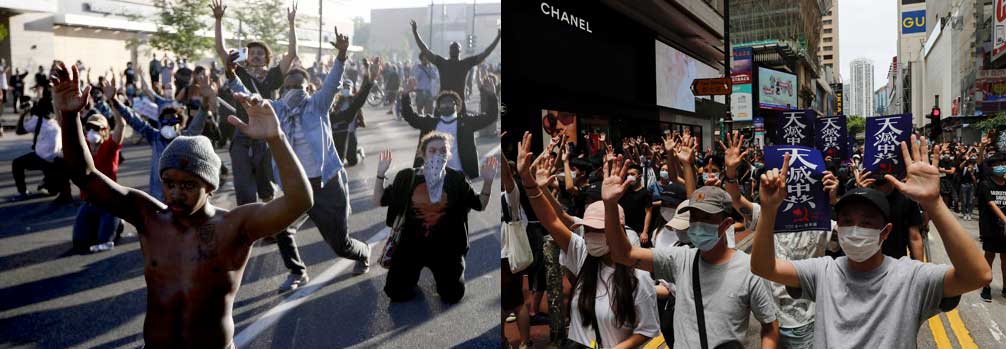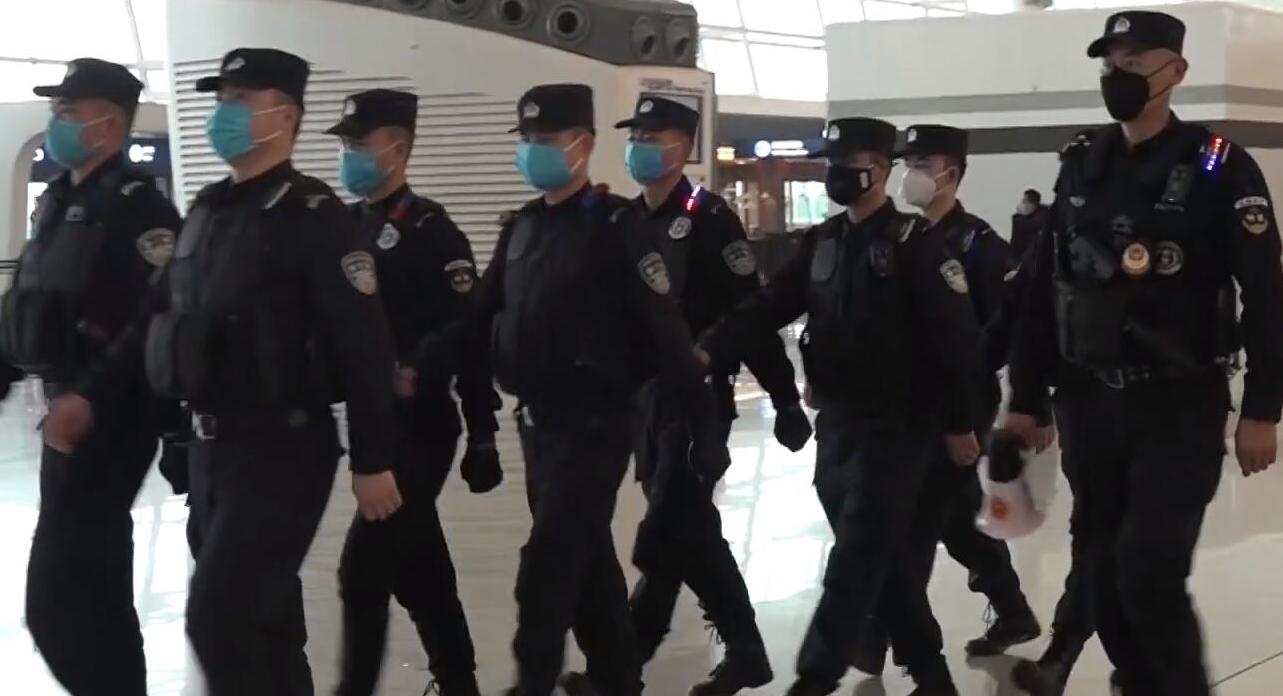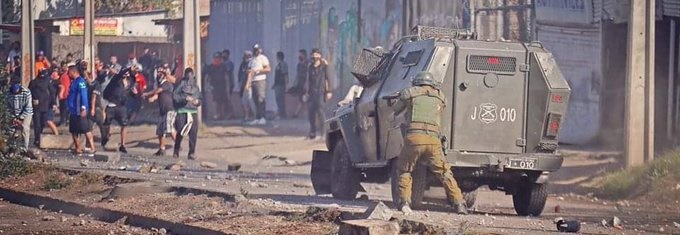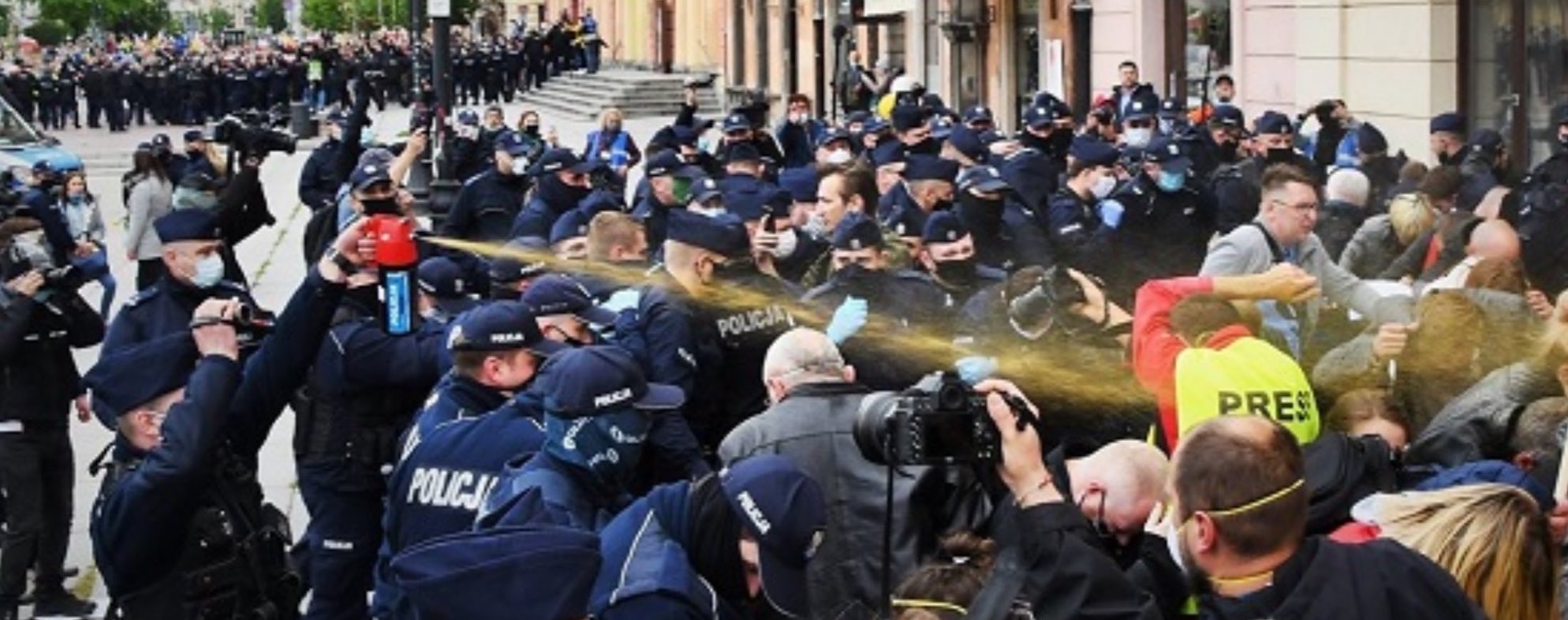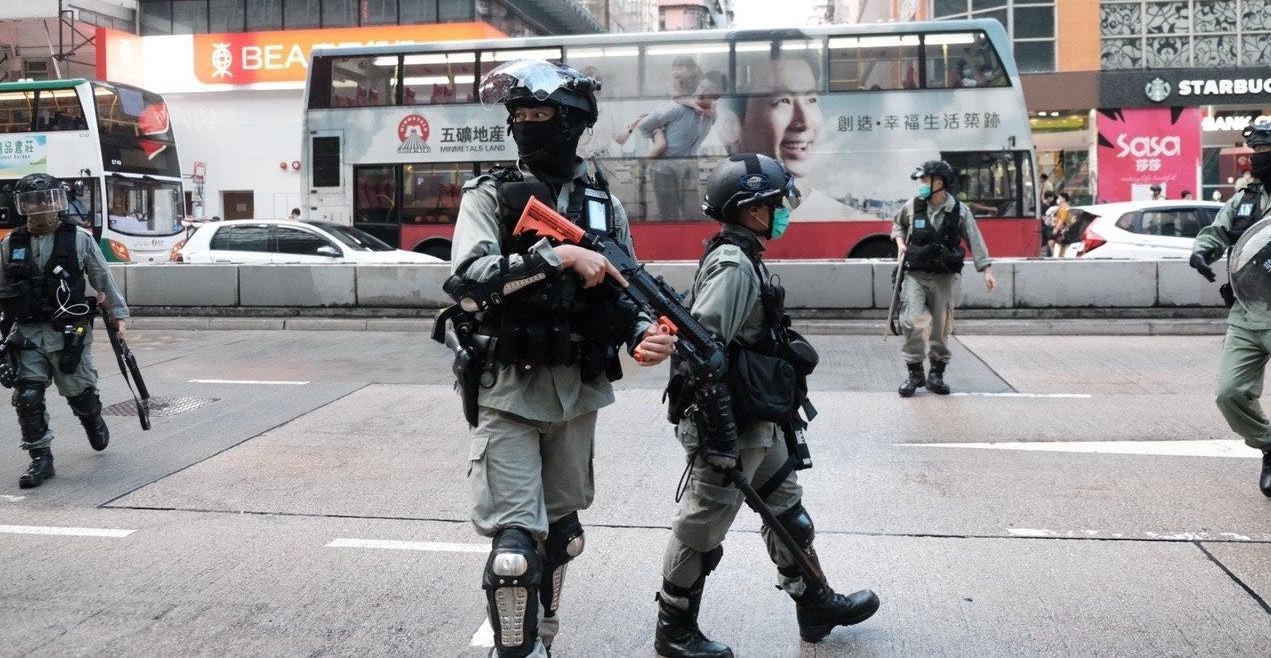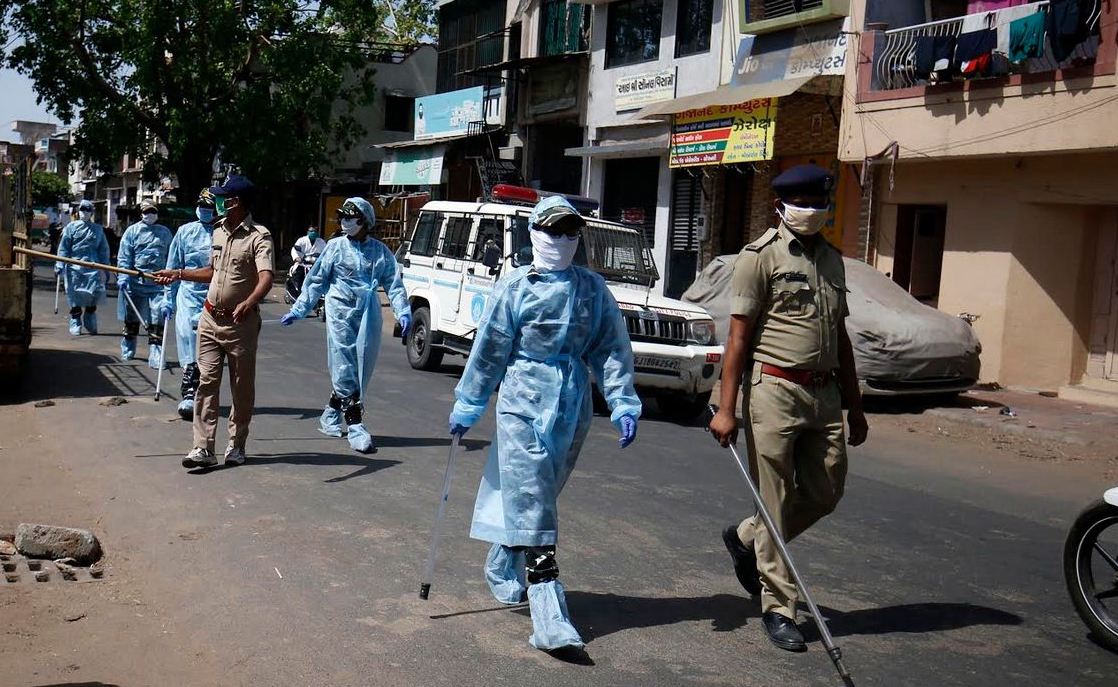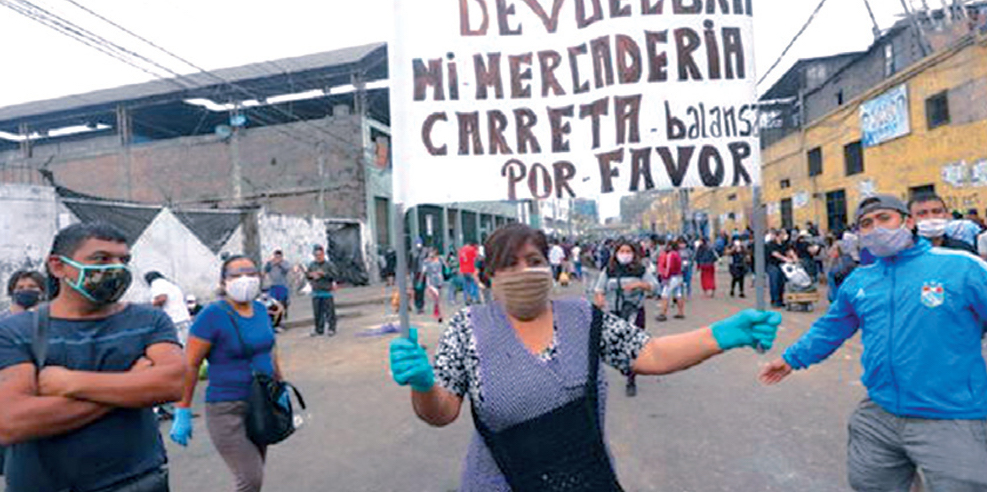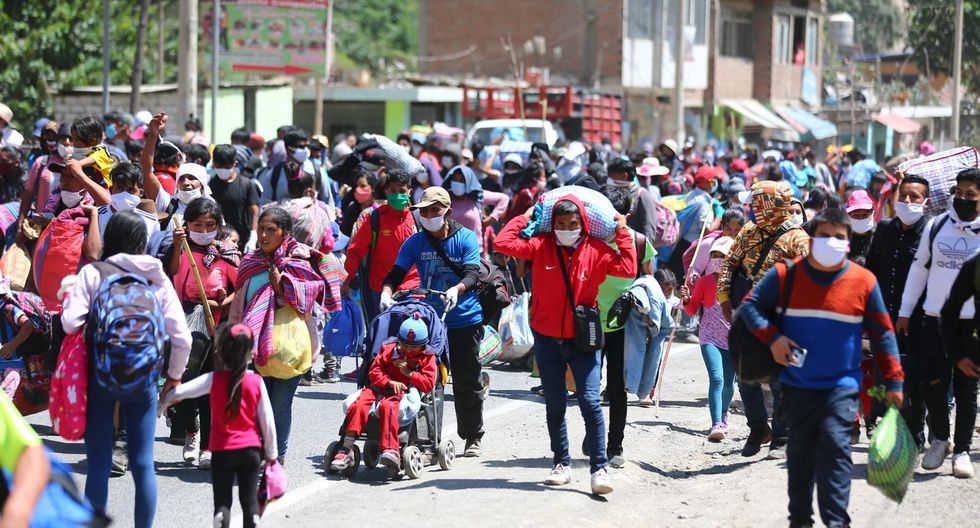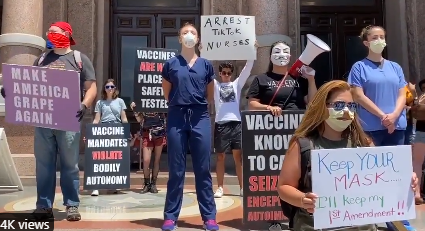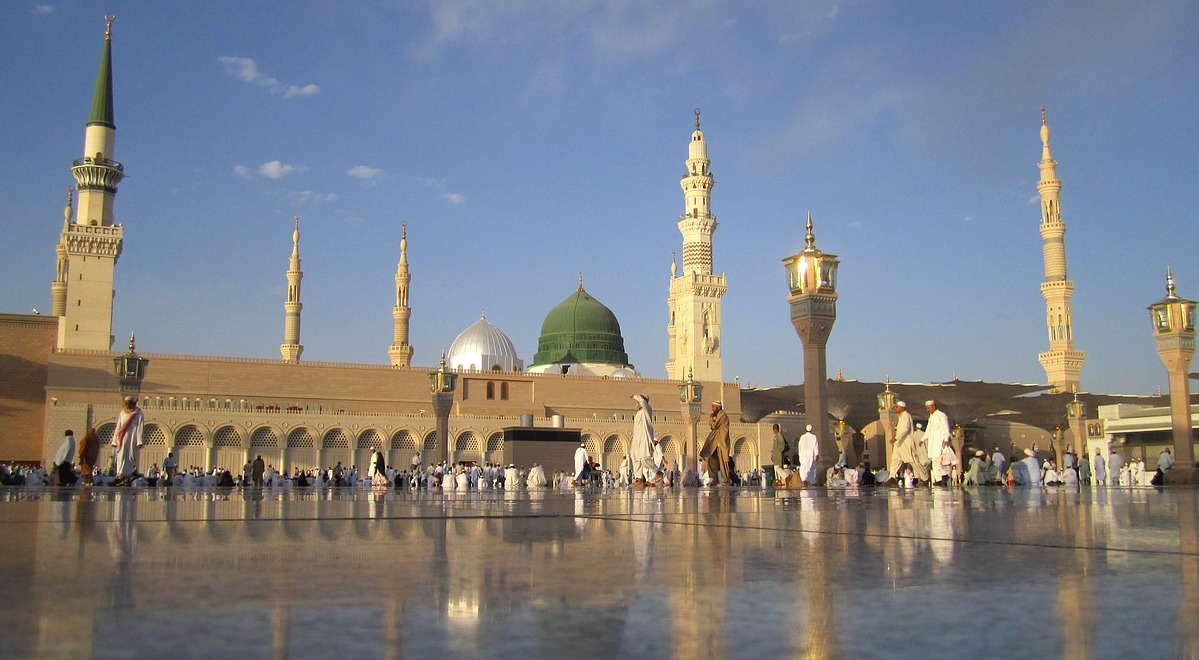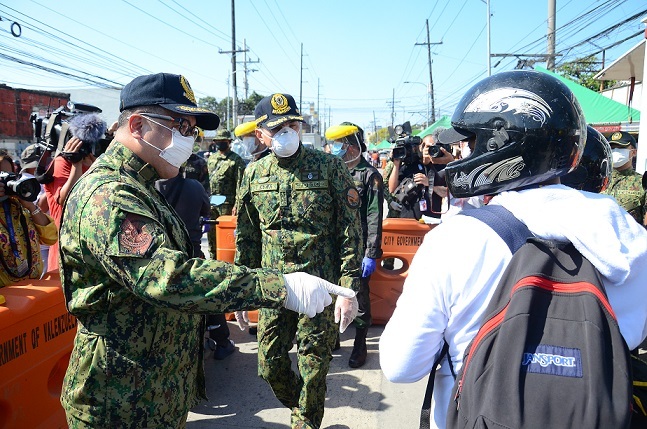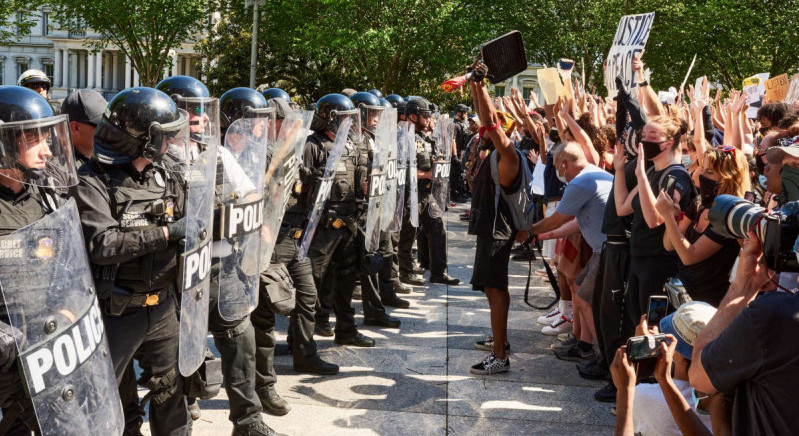
Protesters sue Trump over constitutional violations
Black Lives Matter DC and other protesters have filed a lawsuit asserting that their ouster from Lafayette Square near the White House on June 1 violated both their First Amendment rights to free speech and assembly and their Fourth Amendment right of freedom from unreasonable search and seizure. The complaint states that the US Secret Service, US Park Police, DC National Guard and US Military Police unleashed tear gas, pepper spray, rubber bullets and flash bombs on peaceful protesters, without provocation, in order to clear a path for President Donald Trump to walk to a photo opportunity at a nearby church. Plaintiffs argue that this action was intentional as evidenced by Trump’s statements about protesters, referring to them as “THUGS” in his tweets. Further, in his phone call with governors, Trump stated they must take harsher actions to “dominate” protesters, and his Secretary of Defense Mark Esper stated that governors need to “dominate the battlespace.” (Photo: GGWash.org)



